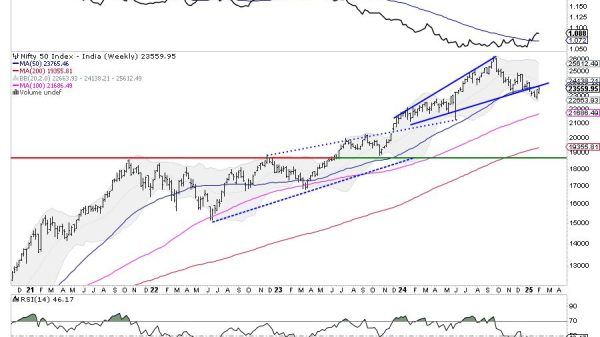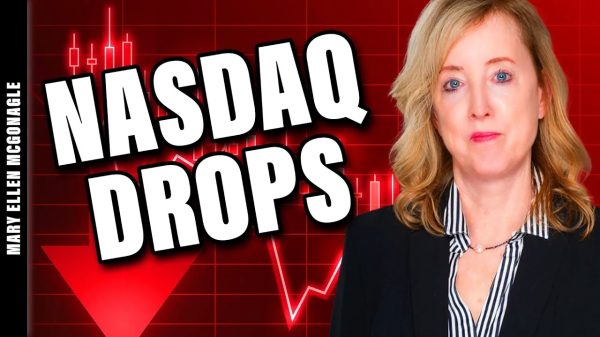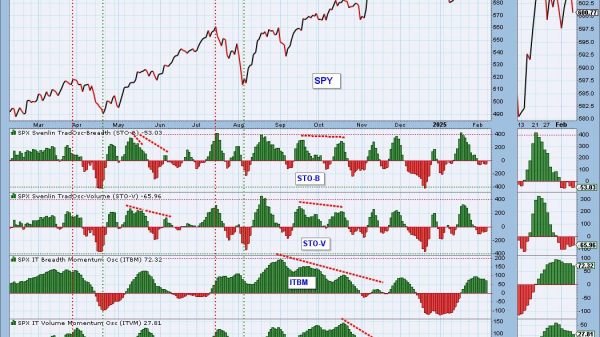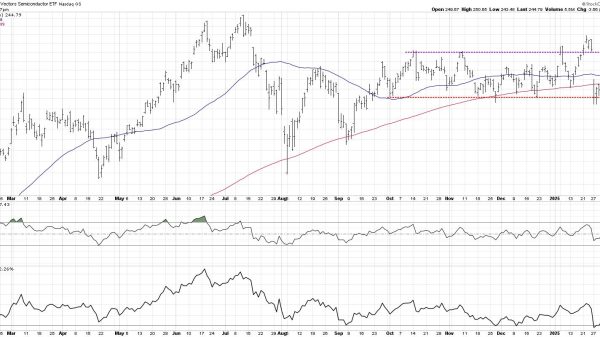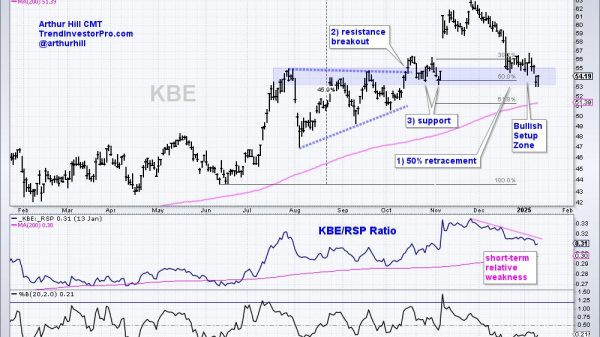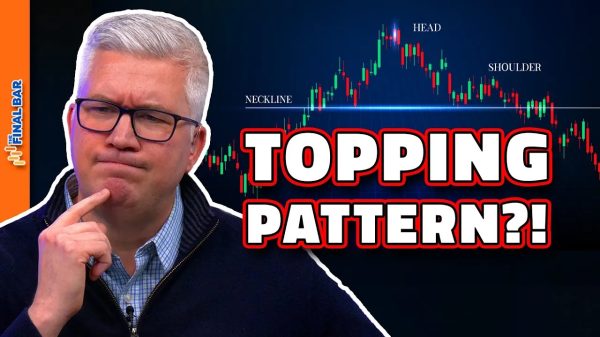The Impact of Trading Oil Prices on GCC Sovereign Wealth Funds
Trading oil has been a cornerstone of global commerce for centuries, powering economies and driving innovation. The modern era has witnessed the evolution of oil trading from physical transactions to the dynamic realm of derivatives and Contracts for Difference (CFDs).
This article delves into the complexities of trading oil, focusing on the strategies employed in crude oil CFD trading. Additionally, it examines the significance of an oil trading platform, the variations in oil barrel size, and the intricacies of the price of oil per litre.
Strategies and Factors in Crude Oil CFD Trading
The Gulf Cooperation Council (GCC) sovereign wealth funds have witnessed a remarkable surge. Their assets under management (AUM) reached an impressive milestone of $4 trillion over the last two years. This was primarily fueled by the escalation in oil prices.
The surge in AUM reflects the energy sector’s profound impact on the GCC region’s financial landscape. Although recently moderated from their peak levels, the surge in oil prices continues to exert a substantial influence on these funds. It is shaping their investment strategies and enabling significant growth.
Market sentiment and geopolitical events heavily influence crude oil prices. Factors such as OPEC production decisions, geopolitical tensions in oil-producing regions, and unexpected supply disruptions can lead to sharp price movements. Traders of crude oil CFDs must stay attuned to global events and economic indicators to make informed decisions.
An efficient oil trading platform is essential for successful crude oil CFD trading. These platforms provide real-time price data, charting tools, technical indicators, and order execution capabilities. With the advancement of technology, traders can access these platforms via desktop applications or mobile apps. This will enable them to react swiftly to market developments.
Oil Barrel Size and Price Variation
The surge in AUM has facilitated considerable investment activity by GCC sovereign wealth funds, an aspect illuminated by a recent report. This report revealed that, among the ten most substantial investment transactions involving state entities, a noteworthy five emanated from GCC sovereign wealth funds. In this regard, the United Arab Emirates (UAE) emerged as a dominant player. It accounted for a staggering 62% of the total capital injected into these investments. Following closely, Saudi Arabia accounted for 28%, while Qatar contributed 10% to this investment landscape.
Understanding the variations in oil barrel size is crucial in trading oil. The most commonly used oil barrel size is the standard 42-gallon barrel, but regional variations exist. For instance, Europe employs a 159-litre (approximately 42 gallons) barrel, while the United States uses a 42-gallon barrel. These differences impact trading volumes and contract specifications.
The price of oil per litre is a vital consideration for traders, as it determines the profitability of each trade. Factors such as production costs, supply-demand dynamics, and geopolitical factors influence the price per litre. Traders must monitor these factors closely to predict price movements accurately.
The Impact of Oil Prices, Investment Growth, and Financial Integration
The astounding growth in GCC sovereign wealth funds, swelling to a substantial $4 trillion in AUM, stands as a testament to the profound impact of oil prices on the region’s financial landscape. This growth has facilitated significant investment activities. The UAE, Saudi Arabia, and Qatar emerged as key players in the investment domain. The strategic listing of ADNOC’s gas division exemplifies the integration of the oil sector into the broader financial landscape, solidifying the GCC’s position as a significant player in the global financial market.
Trading oil has evolved into a sophisticated endeavour, with crude oil CFDs playing a pivotal role in contemporary commodities trading. To navigate this dynamic landscape, traders must adopt well-informed strategies and leverage efficient oil trading platforms. A comprehensive understanding of oil barrel size and the price of oil per litre enhances a trader’s ability to capitalise on market fluctuations.
The post The Impact of Trading Oil Prices on GCC Funds appeared first on FinanceBrokerage.






